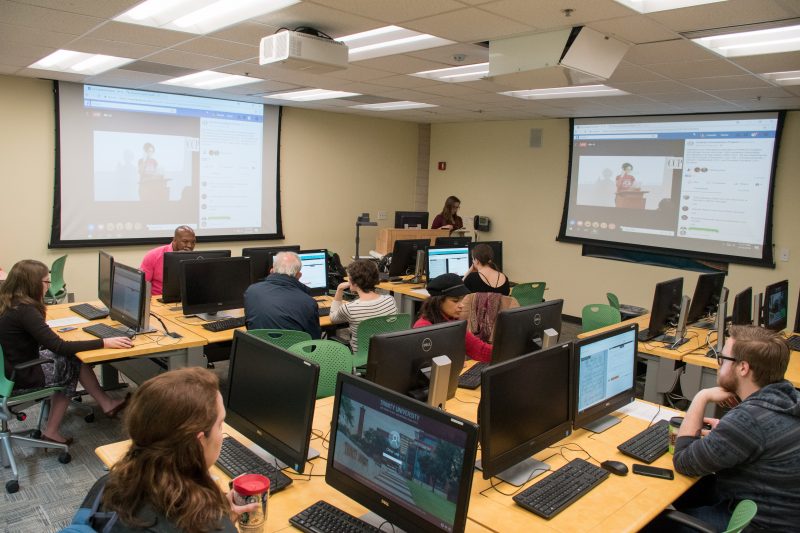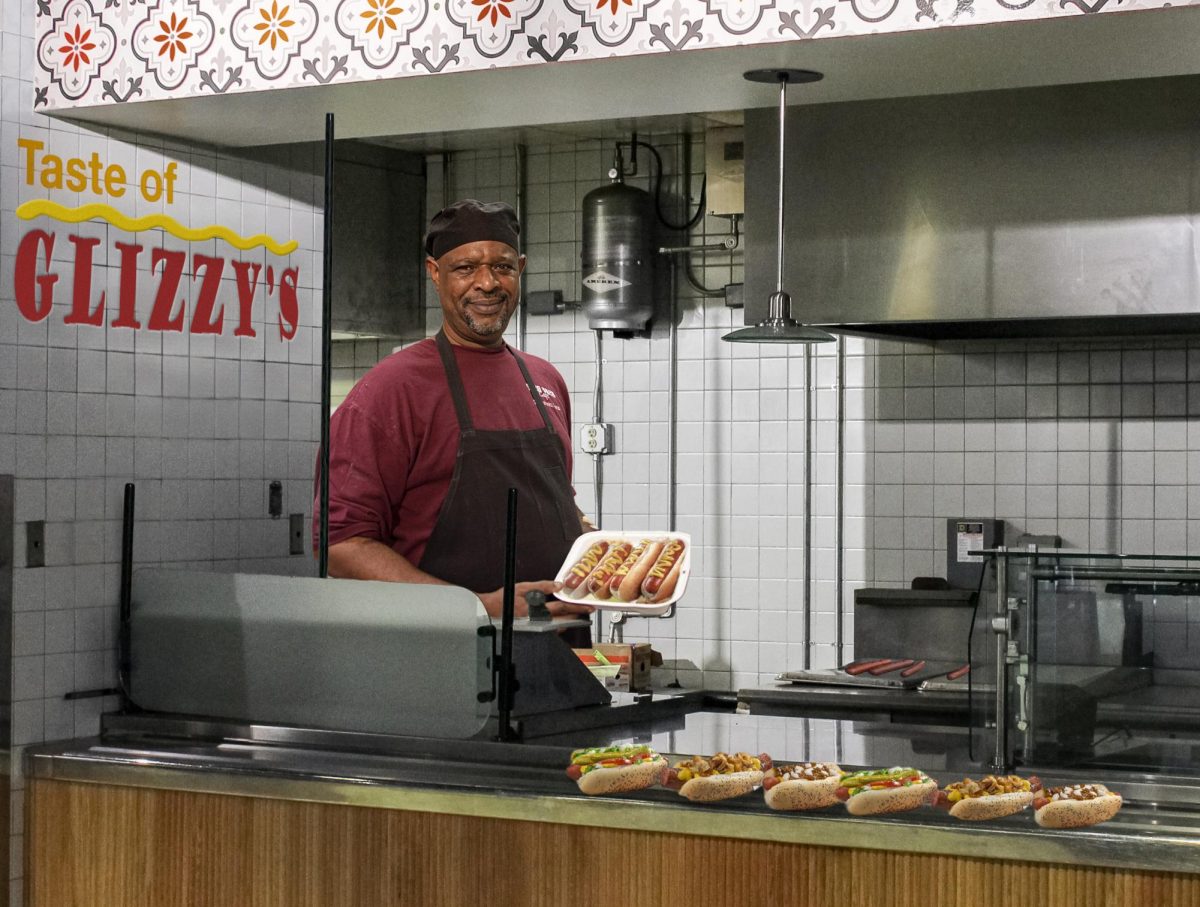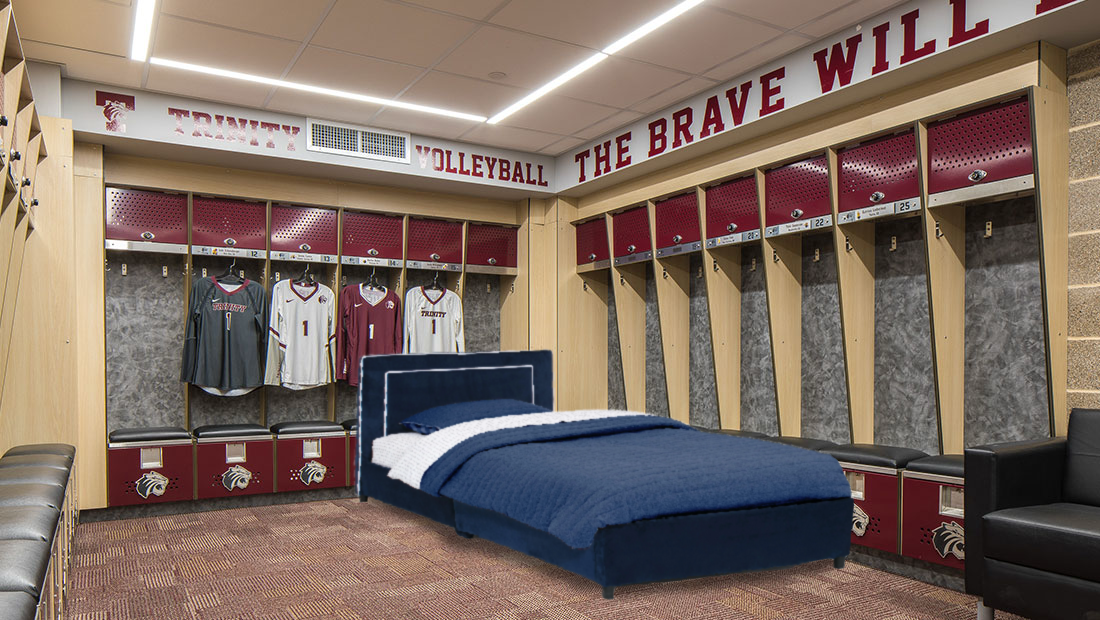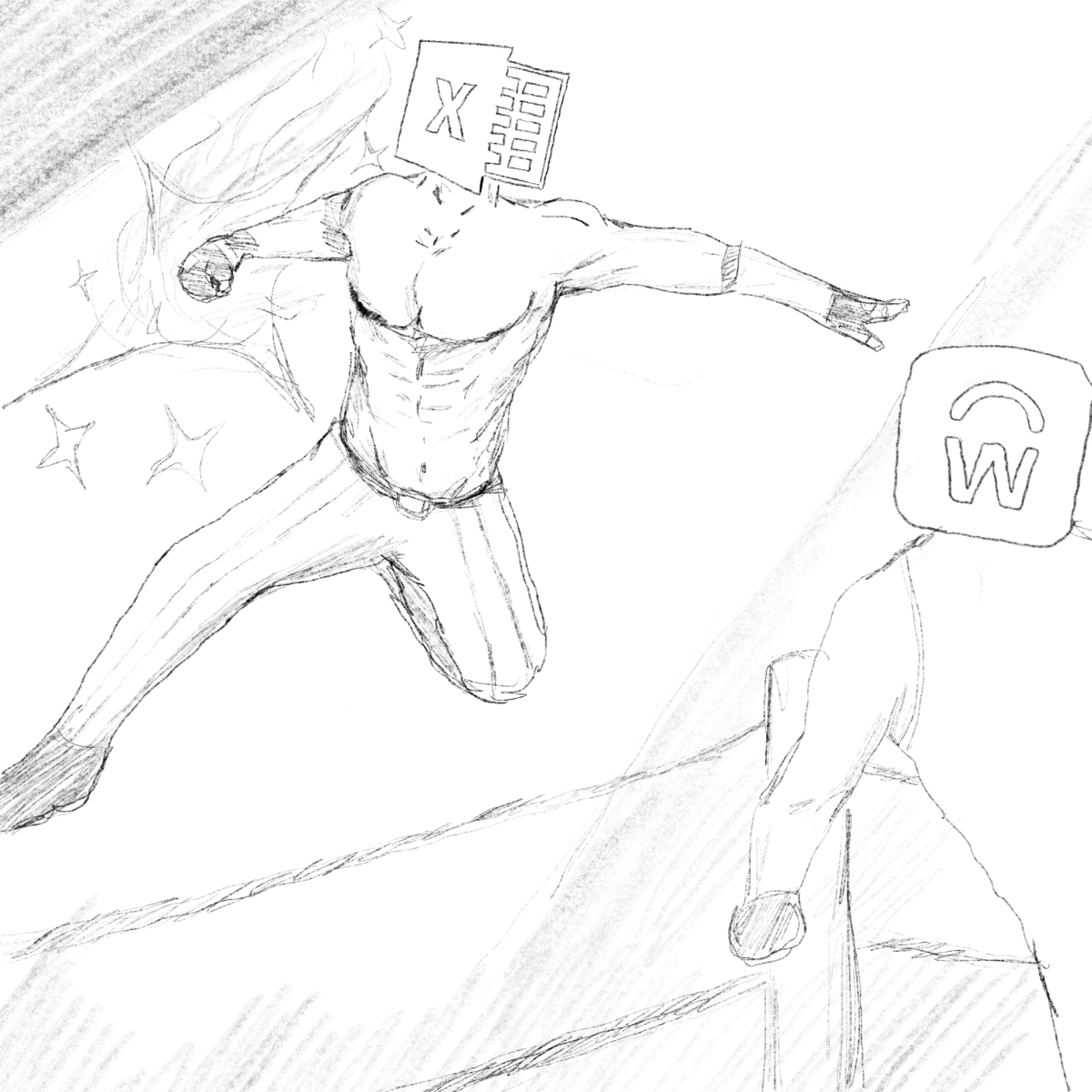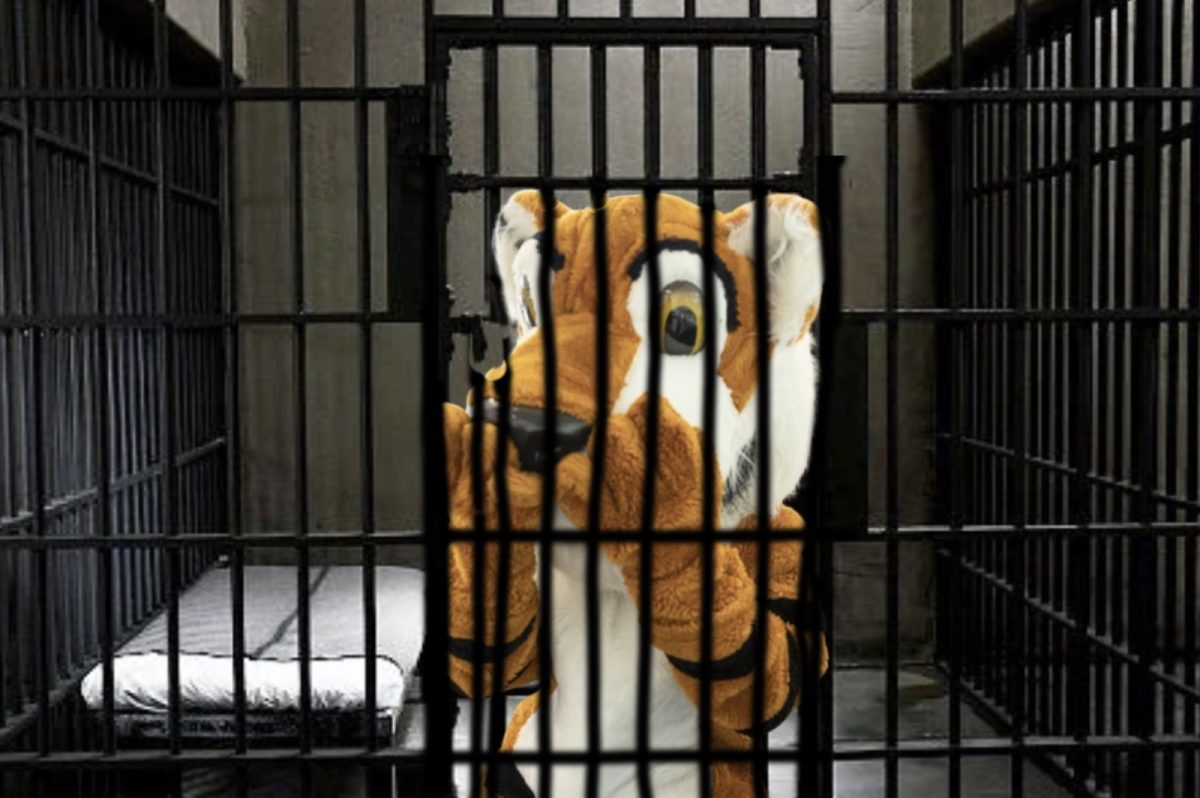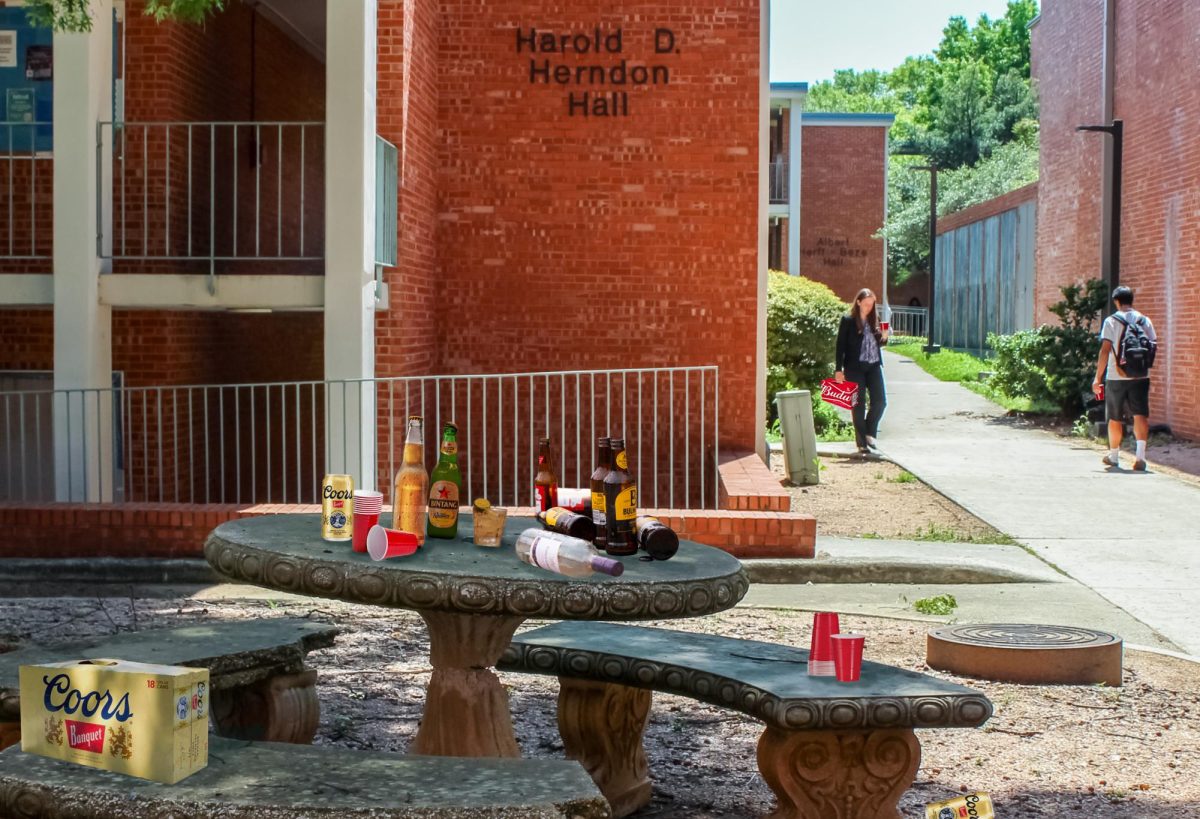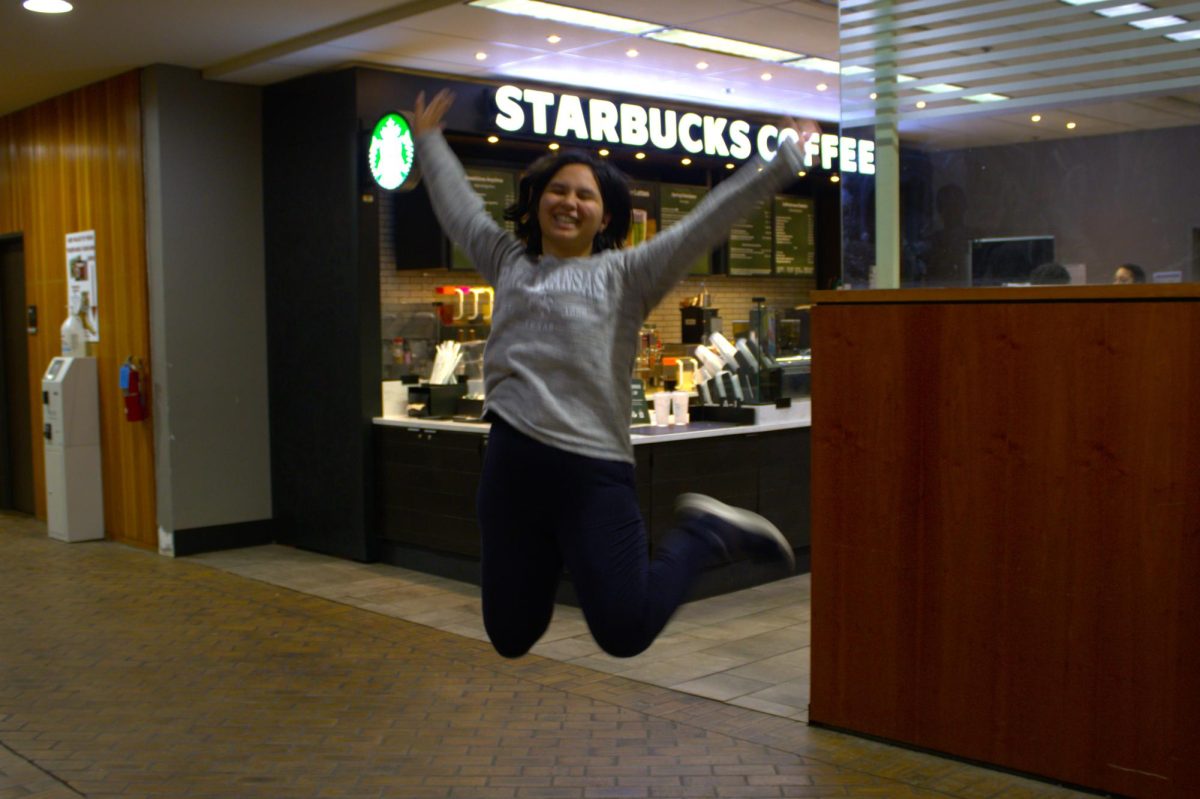People came from all around the Trinity community to help make a difference and recognize the historical influence of Frederick Douglass. Claudia Stokes, chair of the English department and organizer of the event, believes that the value of Douglass cannot be overlooked.
“Frederick Douglass is one of the giants of American history. And in my field of 19th century American history, he is a towering, momentous figure of unrivaled significance,” Stokes said. “He and his impact deserve celebration.”
The event, which was held from 11 a.m. to 1:30 p.m. in Coates Library on Feb. 14, was the first of its kind held at Trinity to help digitize and make historical documents from the freedman’s bureau searchable. To provide transcriptions, users first read a scanned copy of the document on the Smithsonian’s website and type in their best guess as to the contents. The transcription then enters a review pool where another user will have to verify the accuracy of the transcription before it goes to trained employees of the Smithsonian.
According to Ruben Dupertuis, associate professor of religion and co-director of the Humanities Collective, the event was designed to engage members of the Trinity community in something larger.
“Just being able to get folks from the community and getting students involved and actually doing valuable historical work is one of the great things about this event,” Dupertuis said. “We have members of the community. We have students, we have staff, we have faculty, and that’s really great.”
Students in particular seemed to come for a variety of reasons. Melissa Porter, a junior, attended for extra credit. She found the shorthand that was used in the historical era to be confusing, but soon learned how to read it efficiently.
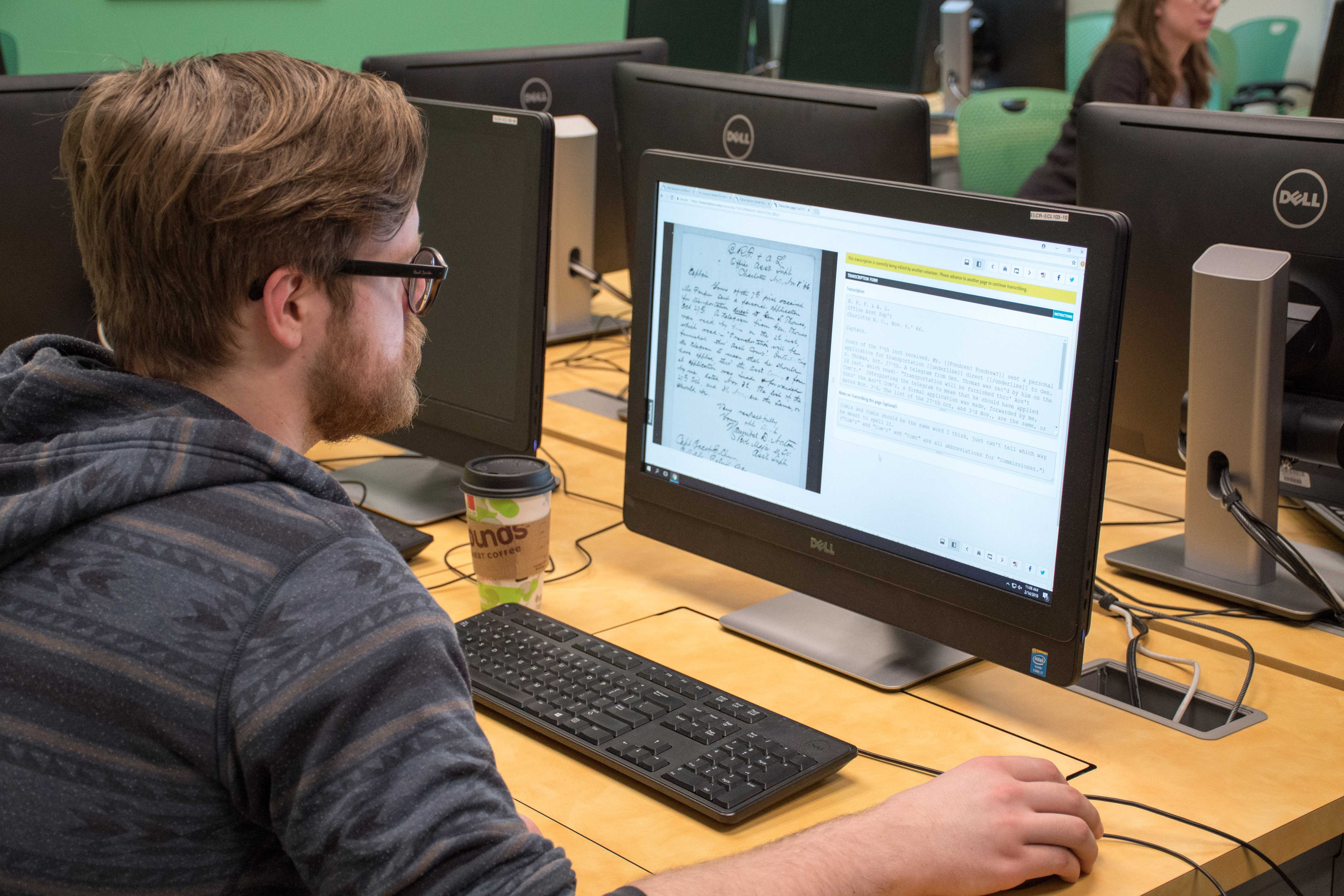
“It’s interesting, the shorthand that he writes in. Today, the shorthand he uses would be difficult to read, but back then a lot of business was conducted in shorthand,” Porter said.
Kanita Wiltshire, a community member from San Antonio, heard about the event from a friend at another school and came to engage with history.
“My hope is to contribute to the transcription of all the documents so everyone can read them. It is very difficult to transcribe old script,” Wiltshire said.
While Wiltshire was going to stay for the entire duration of the event, Dupertuis said the event was not necessarily designed that way.
“The event goes for 3 hours, and we expect it to wax and wane throughout,” Dupertuis said. “You can drop in for 30 minutes, leave and have another person pick it up after you’re done.”
Carl Teegerstrom, a junior, heard about the event in one of Stokes’ classes. Teegerstrom’s interest came from a desire to learn more about the process and the people being represented.
“I think that the project is really interesting,” Teegerstrom said. “I have a lot of respect for Frederick Douglass, so the idea of Douglass day and the idea of transcribing manuscripts has really interested me for a long time.”
Throughout the day, 45 people checked in at the event. However, Stokes believes that many more came to help transcribe than signed in.
The Trinity edition of the event was just one of 44 held at colleges around the country. The celebration of Douglass Day is organized by the Colored Conventions Project (CCP), which is a group dedicated to encouraging community building in the spirit of the original colored conventions.
The CCP, in addition to connecting host sites, held a livestream with guest speakers that each satellite site aired during the event. Despite being projected on two screens in the event room, the stream was mostly ignored because participants were captivated by the transcription software.
Ultimately, all 10,000-plus people who participated in the event internationally played an important role in making important United States historical documents available to the public.
“We are so proud that Trinity was able to participate in this important national project of historical research,” Stokes said. “Every component of the Trinity community — students, staff, faculty, alumni and community members — was represented today, and together we made a major contribution to the collection and transcription of American history.”

